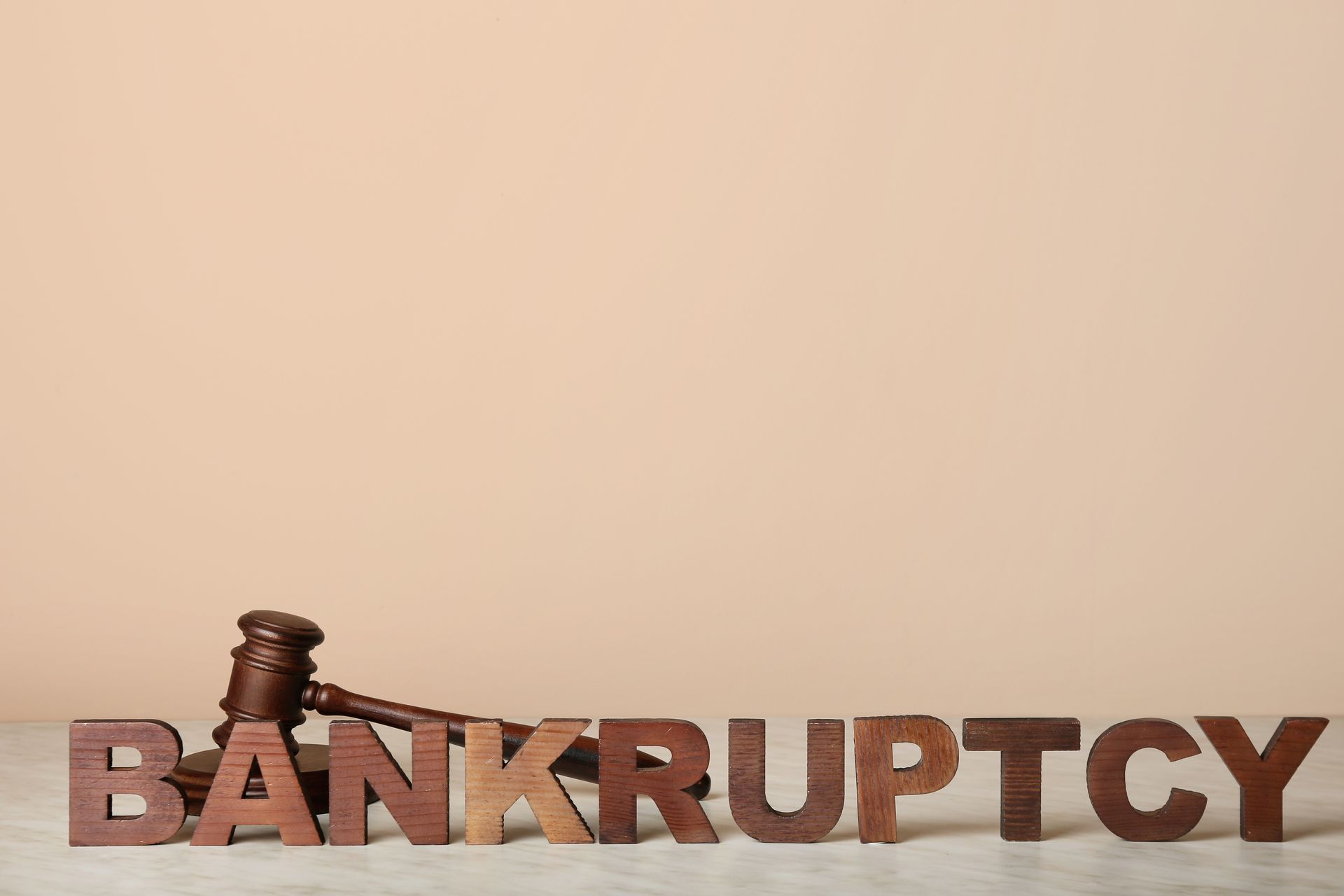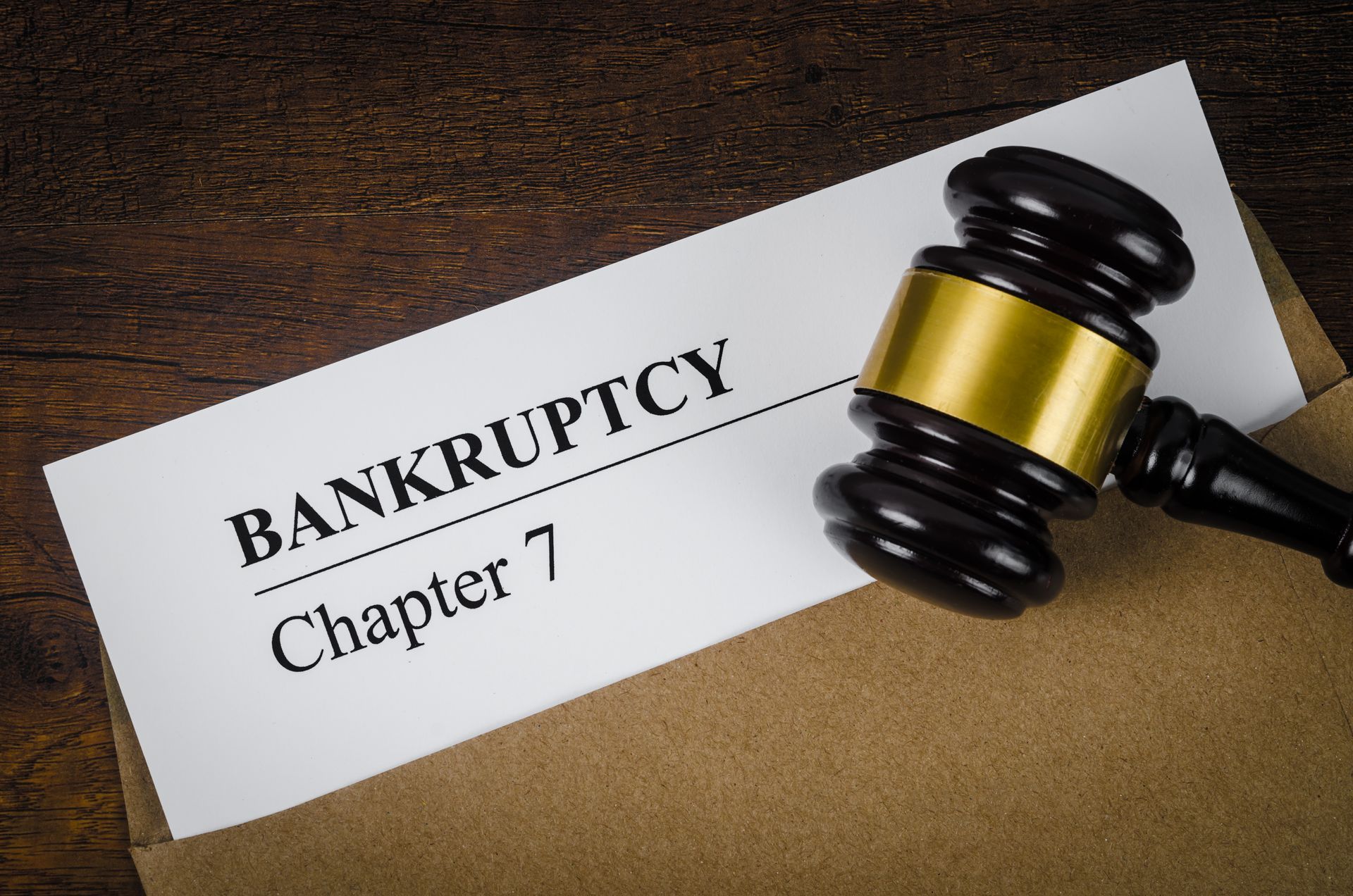What Debts Are Discharged in Bankruptcy?
What Debts Are Discharged in Bankruptcy?
If you're struggling to keep up with bills and considering bankruptcy, one of the first questions you may have is: What debts can actually be eliminated? Bankruptcy offers powerful financial relief, but not every type of debt qualifies for discharge.
At Stuart M. Nachbar, P.C., we work with individuals and families across New Jersey to help them understand their legal options. Below, we explain how debt discharge works in bankruptcy, which obligations are typically wiped out, and which ones remain after the process ends.
Understanding Debt Discharge
When a debt is discharged in bankruptcy, you are no longer legally required to pay it. Once the bankruptcy court enters a discharge order, creditors are permanently barred from collecting the debt, contacting you, or pursuing legal action related to it.
The types of debt that can be discharged vary depending on whether you file under Chapter 7 or Chapter 13, and on how the debt is classified—secured or unsecured.
Common Debts That Are Discharged
Most consumer bankruptcy cases involve unsecured debts, which are not tied to collateral. These are generally the easiest to discharge.
Credit Card Balances
Unpaid credit card bills, including late fees and penalties, are usually eligible for discharge.
Medical Bills
Hospital charges, doctor's fees, and other healthcare-related debts are typically wiped out.
Personal Loans
Unsecured loans from banks, credit unions, or even personal acquaintances (if properly documented) can be eliminated.
Utility Bills
Past-due electric, water, gas, and phone bills may be discharged. Keep in mind that future service may require a deposit.
Collection Accounts
Debts that have been transferred to collection agencies—such as credit card or utility balances—can be discharged in most cases.
Repossession Deficiencies
If your vehicle was repossessed and you still owe money after the sale, the remaining balance can often be eliminated.
Debts That Are Not Typically Discharged
While bankruptcy can eliminate many types of debt, some obligations are excluded under federal law. These non-dischargeable debts include:
- Student loans, unless you can prove undue hardship through an adversary proceeding
- Recent income taxes and most other tax debts
- Child support and alimony
- Court-ordered fines and criminal restitution
- Debts related to fraud or willful misconduct
- Personal injury judgments from DUI-related accidents
Although these debts remain after bankruptcy, filing can still provide indirect relief by freeing up income previously allocated to unsecured obligations.
Differences Between Chapter 7 and Chapter 13 Discharge
In a Chapter 7 bankruptcy, the discharge typically occurs about three to six months after filing. It’s designed for individuals with limited income who cannot afford to repay their debts.
In Chapter 13 bankruptcy, debt discharge comes after completion of a repayment plan, which usually spans three to five years. Chapter 13 may also allow for partial repayment of certain debts that are not dischargeable in Chapter 7.
Protecting Your Rights During the Process
In order to have a debt discharged, it must be properly listed in your bankruptcy paperwork. Inaccurate or incomplete documentation could prevent certain debts from being discharged—even if they are otherwise eligible.
Working with an attorney who understands the bankruptcy process in New Jersey can help ensure that you protect your assets, meet court requirements, and include all eligible debts.
Find Out What Bankruptcy Could Do for You
Discharging debt through bankruptcy can provide the clean break you need to regain control of your finances. Understanding which debts qualify—and which do not—is an essential step in deciding whether bankruptcy is right for you.
At Stuart M. Nachbar, P.C., we provide honest, straightforward guidance for individuals across New Jersey. If you’re ready to explore your legal options, we’re here to help.
Contact us today to schedule your free consultation and take the next step toward financial relief. Visit www.snanj.com or call our office to get started.











